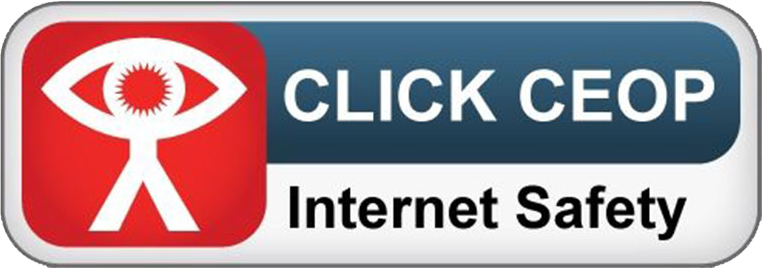Three Ways Sixth Form provides a broad and balanced curriculum for young people with a range of additional needs including communication, learning, sensory and physical with additional support often needed to develop social and emotional skills, in preparation for the next stage of their adult life. Sixth Form provides an environment where young people can be supported to grow and develop as individuals with a personalised learning programme that prepares them for adulthood.
We have a range of curriculum pathways that offer our young people the best possible outcomes. We have high expectations and expect all young people to achieve accreditations whilst in 6th form, with a continued focus on English and Maths, alongside work experience and the opportunity to develop entrepreneurial skills. We provide a functional curriculum that ensures young people are confident in booking a doctors appointment, understanding democracy and their right to vote, joining a new sports group, keeping themselves and those around them safe and living a fulfilling life. Cultural education is also hugely important to us to ensure pupils learn about mutual respect for and tolerance of those with different faiths and beliefs and for those without faith. Working closely with our Multi-Agency team, we work together creatively to ensure the best possible outcomes for our pupils. We are extremely proud of the success of our ex-pupils who have left us to secure college placements, work placements, supported employment, voluntary work and play active roles in their local community.
In order to provide an effective transition to Sixth form, pupils will spend time in their new classes where possible and staff will complete transition meetings. This ensures that exam results and assessment data from KS4 is shared with teams to ensure the next steps for learning are planned and aspirational outcomes are set to further learning.
Sixth form pupils will continue to have an Annual Review meeting to review their EHCP outcomes and plan for transition and next steps.
At Three Ways School, we want our pupils to leave school and be prepared for the next stage of their educational journey. We also want to support them to play an active role in their local community, through taking part in activities and living locally in supported or independent living. We also want them to have happy and healthy futures and therefore also support them to develop skills to manage their emotional and physical health needs, independently or with support. Functional English and Maths curriculum are embedded to support the acquisition of skills

